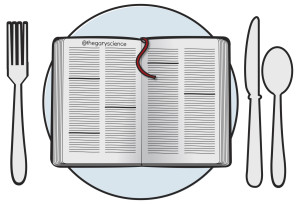
Adequate fluid intake is critical to hydration, metabolism and hunger. A lot of the time we will confuse thirst for hunger. Simply increasing your fluid intake, preferably water, is a great way of keeping hunger at bay.
One of my tricks is to have 1 to 2 large glasses of water just before leaving work for home. I am then pretty ‘full’ when I get home and it is much easier to resist the before dinner snack. The same goes for children – a glass of milk upon hitting the front doorstep at home is much better than fruit juice.
“Children and adolescents in this sample consumed 2.9 (SE=0.1) servings per day of plain water, 2.0 (SE=0.1) servings per day of Sugar Sweetened Beverages, 1.1 (SE=0.04) servings per day of milk, and very small amounts of 100% juice, diet beverages, and unsweetened coffee or tea. Moisture intake from foods, which averaged 399.3 grams (SE= 9.0) in this population, contributed 21.1% of total moisture, with beverage intake contributing the remaining 78.9%.”
http://www.nofructose.com/food-ideas/food-tricks/
http://www.2ndchance.info/dxme-CRT-%20Kenney2015.pdf
http://www.hsph.harvard.edu/…/study-finds-inadequate-hydr…/…








